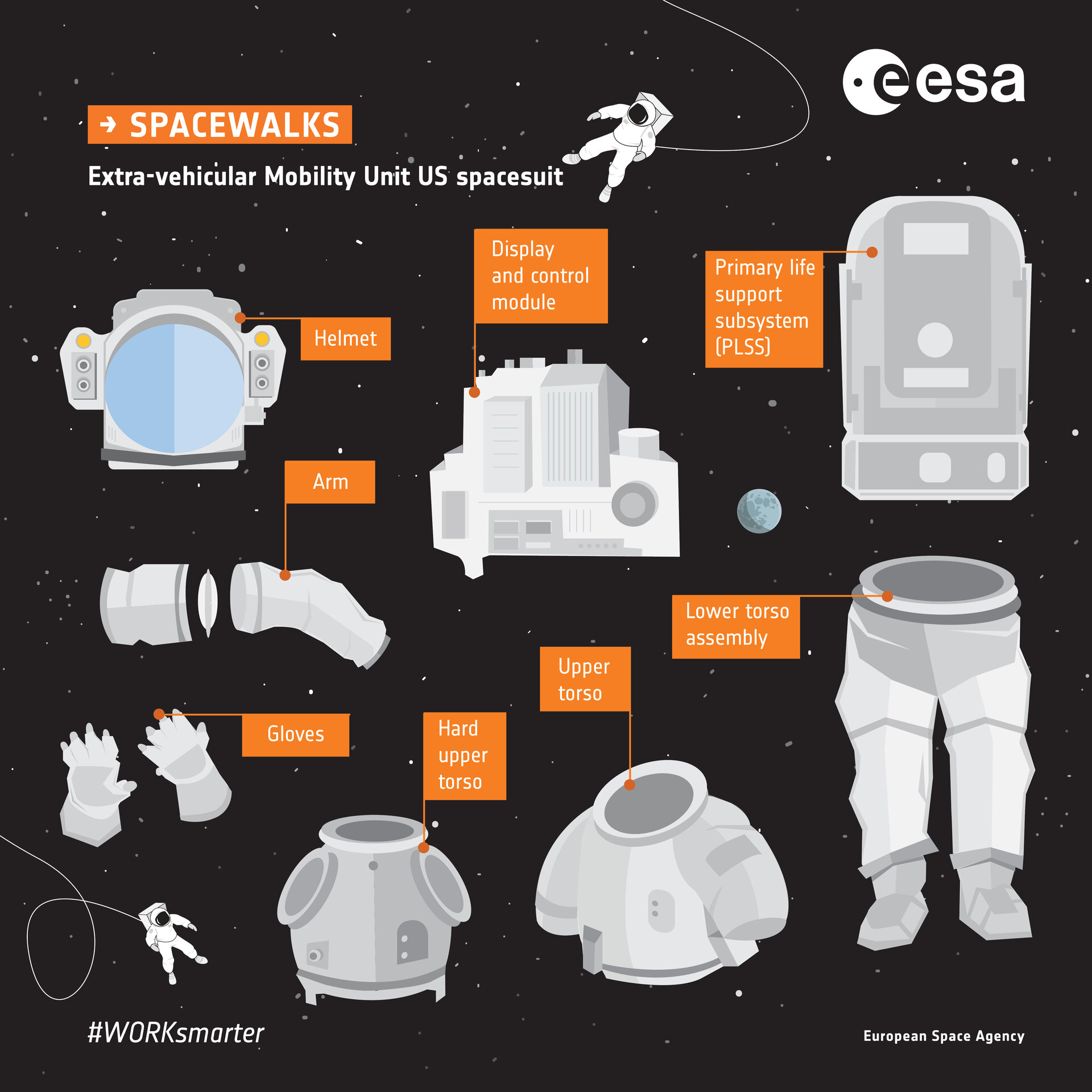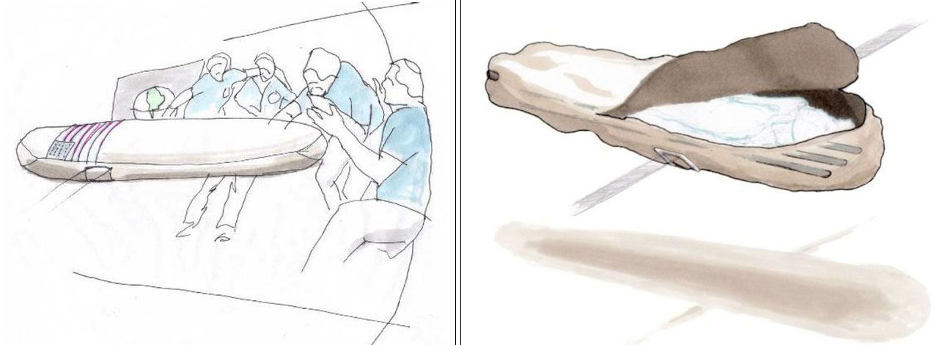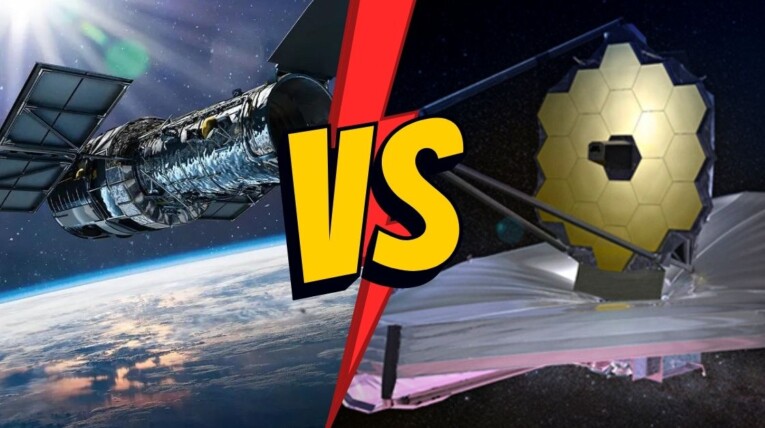For us, space travel is exciting and exotic. With the use of “Right Stuff”, we can fly in space, at incredible speeds with breath-taking views of Earth, Moon, and Planets. Several astronauts have penned down their experiences; the thrill of g-loads, weightlessness, going for a spacewalk wearing a spacesuit, and much more.
Well, all this might sound fascinating, but before that, we also want to consider some of the ramifications of space travel that aren’t quite appealing.
Bone and Muscle Meltdown:
In space, the main mode of travelling is floating around. But because of all your unwieldy floating gimmick, the lower body is going to suffer a lot of bone loss and not to forget the weakened, sometimes atrophying muscles. Each month astronauts on the space station lose up nearly one per cent of their bone density. To keep them in shape during their time in orbit two treadmills and two stationary bicycles are provided onboard.
No Rain, No Water:
As we space travel, access to fresh water is a major problem we will face. Astronauts at the International Space Station (ISS) get most of their water by recycling and recovering by using the Water Recovery System. The Water Recovery System allows them to recover most of the water they lose through sweat and urine or while making coffee.
Might lose your fingernails:
The bulky gloves of the spacesuit cut off circulation and the pressure on the fingertips will cause loss of fingernails. The phenomenon is called fingernail delamination. Some astronauts rip off their fingernails before going to spacewalk to avoid the pain and agony of losing them.
There are two types of space suits:
- Pressure Suits
- Extravehicular Mobility Unit (EMU)
- Pressure Suit: This suit is worn during launch and landing. The suit protects during emergencies to bail out from a disintegrating vehicle. The external part of the suit is a flame-resistant Nomex material that is stronger than the inner layer and gives the suit its shape.
- Extravehicular Mobility Unit: This suit is worn during spacewalks. The spacesuit is made up of four main parts. One part covers the chest and the second one covers the arms and connects to the gloves. The helmet covers the head and the last part covers the legs and feet.

Astronauts wear another raiment under the spacesuit which covers their body except for the head, hands, and feet. Tubes are woven into it and water flows through the tube which keeps the astronauts cool during the spacewalk.
Vision starts to blur, after too much time in space:
When you’re weightless in space, the fluid travels to the upper body and the increased pressure in the head will only slightly crush the optic nerves. The back of the eyeball becomes a bit flattened and the retinas also change a little. It usually doesn’t last, but for some, it can take years to go back to normal. If we’re ever moving to a new planet, about one-third of us are going to have vision problems.
And at last, what if we die during space travel?
We have no concrete plans regarding what to do with the bodies of astronauts who die during space travel. In fact, NASA doesn’t train astronauts on what to do in the event of the death of a colleague. But what would happen if an astronaut dies in space? The possibility of this is higher in the long term of missions like space travel to Mars. One option is to release the body into space. However, this isn’t a good option to consider, since the United Nations prohibits the dumping of litter, including bodies in space.
NASA is currently working with Promessa, a burial company developing what it calls “Body Back”. With Body Back, a corpse is sealed inside an airtight sleeping bag and it will be attached to the outside of the spaceship, where the extremely cold temperature of space freezes & vibrates the body, and finally shatters into small, fine particles. By the time the spaceship returns to Earth, all that is left would be a small fine, dust-sized particle of the deceased.
The Promessa “Body Back” could provide us with some frosty funerals.

Still want to Space Travel?
Let us know in the comments!!
Enjoyed reading this article? Consider reading: The one where we survived a super solar storm




2 Comments
Nirad
Wow amazing information….
Angele
Hi it’s me, I am also visiting this web site regularly, this website is truly good and the users are truly sharing pleasant thoughts.|